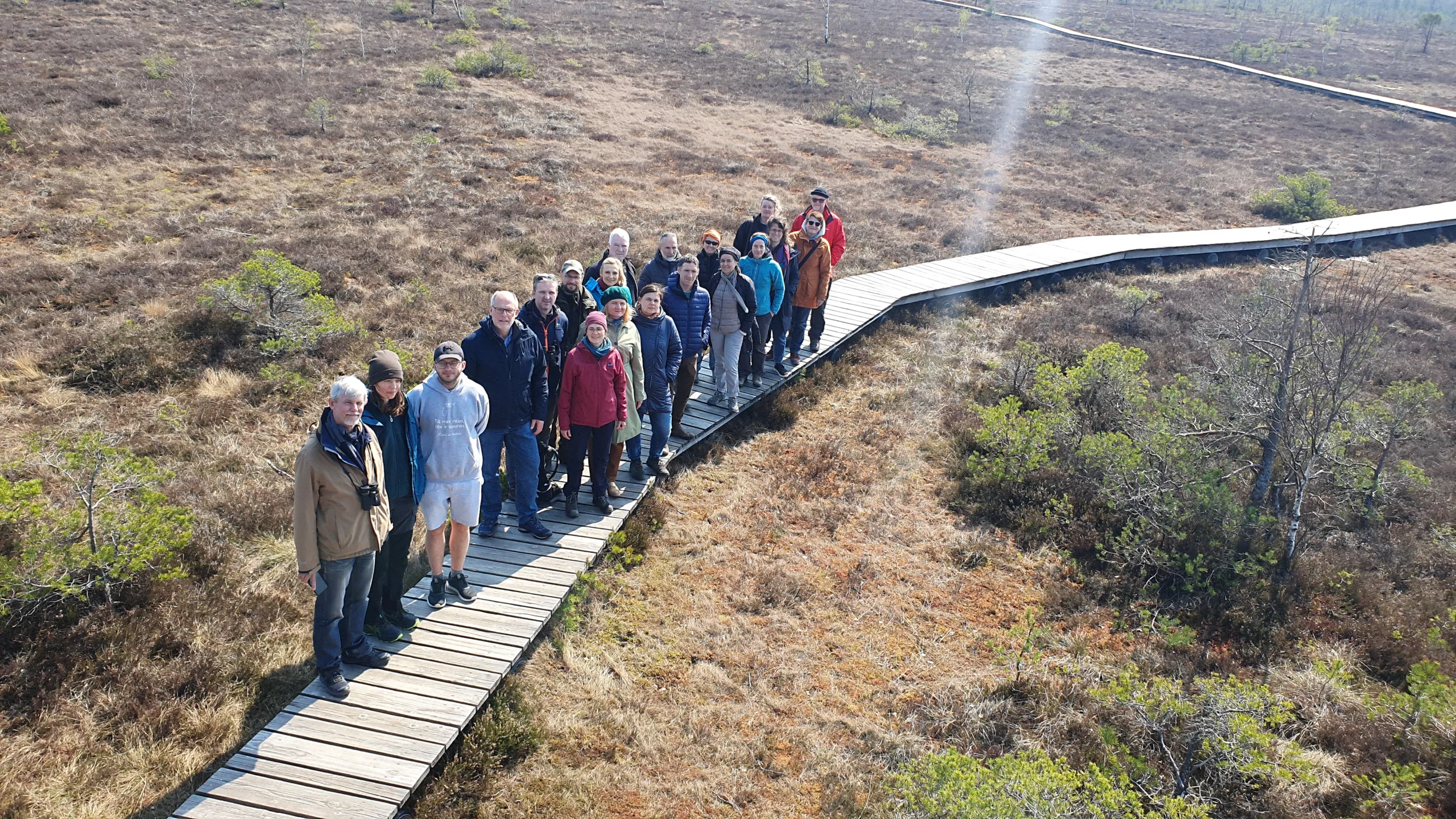Landcare Europe – Supporting Natural Climate Protection in Agricultural Landscapes
Promoting the adjustment of EU and national regulations and spreading good farming practices to increase natural carbon sinks.
Agriculture Carbon Removals and Sinks

Project info
Croatia, Czech Republic, Germany, Lithuania, Romania
11/23 - 03/26
Local governments, National governments, Regional governments, Private sector, EU institutions
657,320.24 €
Contact info
Corinna Friedrich
- Agri-Cultura-Natura Transylvaniae Association
- Brod Ecological Society-BED
- Czech Society for Ornithology
- Public institution Baltic Environmental Forum (BEF)
Background
Peatlands, grasslands, humus-rich soils and agroforestry systems are natural carbon sinks and have an influence on the ability of agricultural land to store carbon. Making agricultural land use more climate-friendly is therefore one of the objectives of Germany’s Climate Action Programme 2030.
The use of EU funding for farmers in the European Union is regulated by the Common Agricultural Policy (CAP). As a result, the CAP regulations have a major impact on farming practices in Europe and consequently on the carbon balance of agricultural landscapes. To make farming practices in the EU more climate-friendly, the CAP measures must become more attractive, and farmers must be given guidance on administrative and practical issues.
Project
The project partners from Germany, Lithuania, Romania, Croatia and the Czech Republic develop and disseminate policy recommendations on climate-friendly farming, to be taken into account in future CAP measures and implemented in National Strategic Plans.
The partners organise workshops, field visits and farmer-to-farmer training to collect and discuss policies and good practices for improving agricultural landscapes’ carbon sequestration capacity. Short videos, a manual, a website and an online conference facilitate the transfer of this knowledge to farmers, Landcare associations and policy makers at the European, national and local levels.
Ultimately, project activities are aimed at further developing the EU regulatory framework, providing guidance to national governments on adapting their national strategic plans and encouraging farmers to adopt carbon-sequestrating agricultural practices.
The project is implemented in cooperation with Landcare Europe, a European network that brings together agriculture, nature conservation and communities for biodiversity, resilient ecosystems and quality of life in European cultural heritage landscapes.
Last update: July 2024
